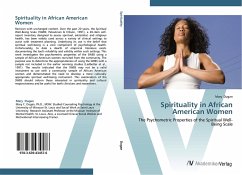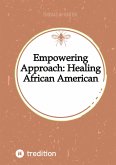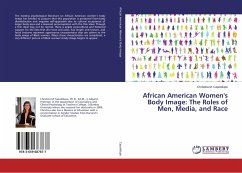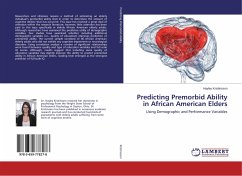Revision with unchanged content. Over the past 20 years, the Spiritual Well-Being Scale (SWBS; Paloutzian & Ellison, 1991), a 20-item self-report inventory designed to assess spiritual, existential, and religious health, has been widely used across a variety of clinical settings to assist with treatment planning. Underlying its use is the belief that spiritual well-being is a core component of psychological health. Unfortunately, to date a dearth of empirical literature exists documenting the tool's reliability and validity within such settings. This work investigates the psychometric properties of the SWBS using a sample of African American women recruited from the community. The purpose was to determine the appropriateness of using the SWBS with a sample not included in the earlier norming studies (Ledbetter et al., 1991). The results indicated that the SWBS may not be a valid instrument to use with a community sample of African American women and demonstrated the need to develop a more culturally appropriate spiritual well-being instrument. This examination of the SWBS should inform those interested in spirituality and cultural responsiveness and be useful for both clinicians and researchers.
Hinweis: Dieser Artikel kann nur an eine deutsche Lieferadresse ausgeliefert werden.
Hinweis: Dieser Artikel kann nur an eine deutsche Lieferadresse ausgeliefert werden.







